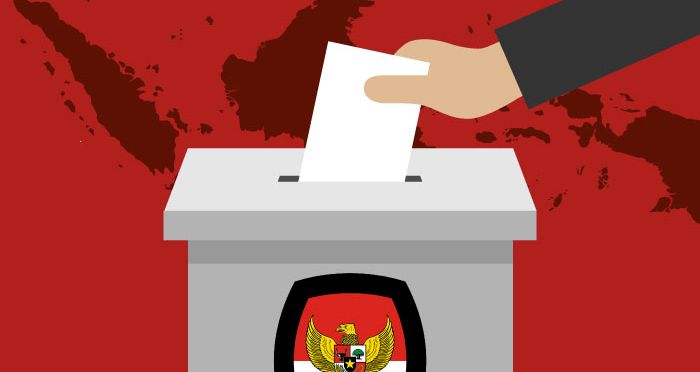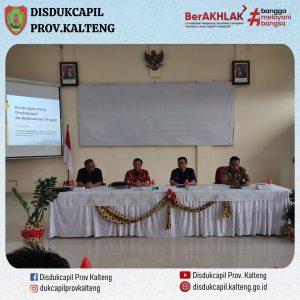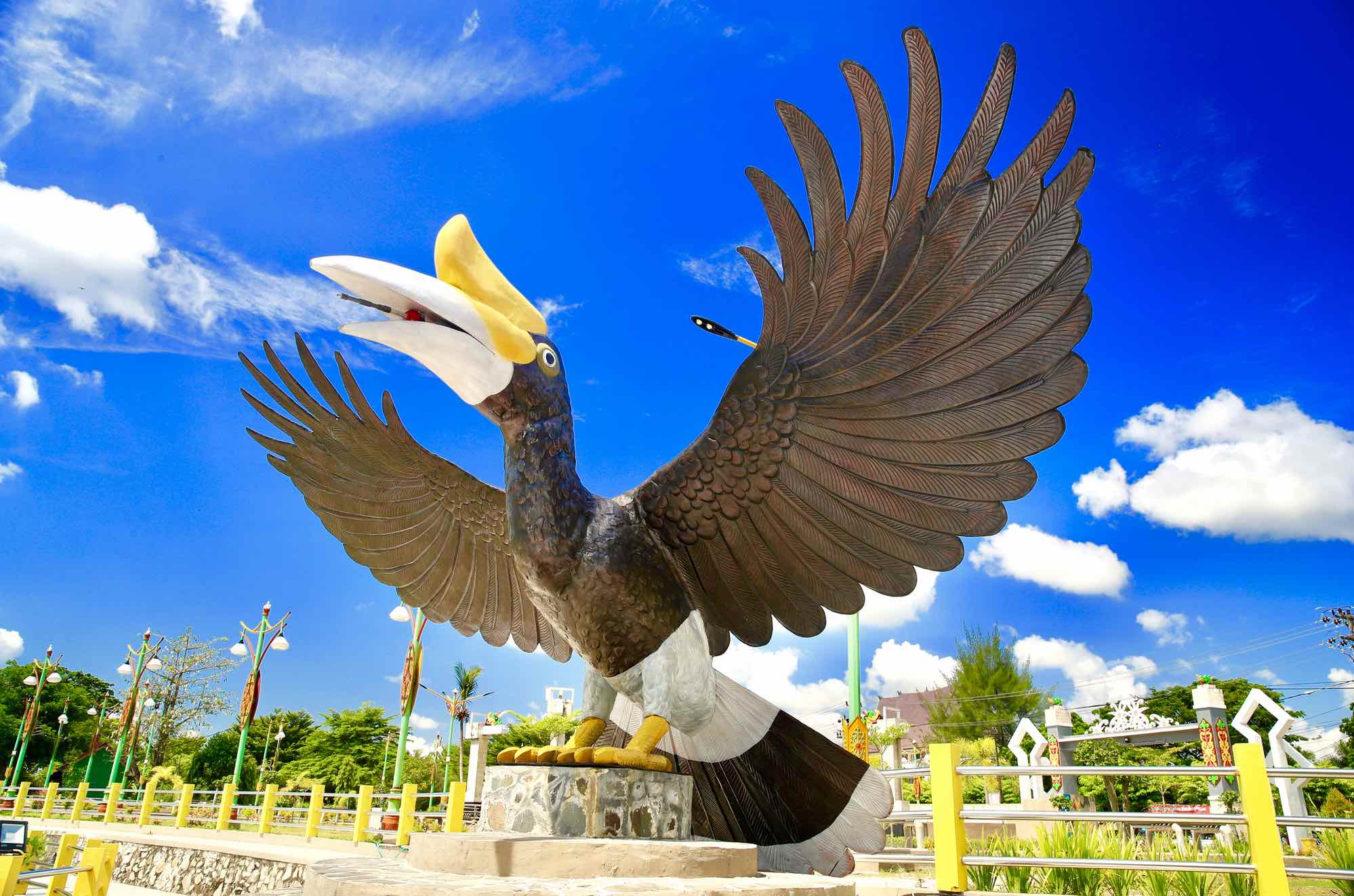Indonesia holds its General Elections every five years to elect members of its legislative bodies and its president. The General Elections in Indonesia involve two main components: the Legislative Election and the Presidential Election.
- LEGISLATIVE ELECTION
The Legislative Election is held to elect members of the People’s Consultative Assembly (MPR), the Regional Representative Council (DPD), the People’s Representative Council (DPR), and the Provincial and Regency/City Representative Councils (DPRD). These bodies play crucial roles in representing the people’s interests and making laws at different levels of governance.
(1) People’s Consultative Assembly (MPR): The MPR is the highest legislative body in Indonesia. It consists of two houses: the Regional Representative Council (DPD) and the People’s Representative Council (DPR). The MPR has the power to amend the constitution, enact state policy guidelines, and elect the president and vice president.
(2) Regional Representative Council (DPD): The DPD represents the regions and serves as a consultative body on issues related to regional autonomy, legislation, and government policies.
(3) People’s Representative Council (DPR): The DPR is the lower house of the MPR, and its members are directly elected by the Indonesian citizens. It is responsible for making and passing laws, conducting inquiries, and overseeing the government’s performance.
(4) Provincial and Regency/City Representative Councils (DPRD): These councils are responsible for representing the interests of the provinces, regencies, and cities at the regional level.
- PRESIDENTIAL ELECTION
The Presidential Election takes place after the Legislative Election. In this election, the Indonesian citizens vote for their president and vice president directly. The presidential candidate must form a coalition to have a chance of winning the election, as Indonesia uses a multi-party system. The presidential candidate who secures more than 50% of the popular vote becomes the president. If no candidate achieves an outright majority, a runoff election is held between the two leading candidates.
In addition to the two aforementioned components of elections, there is also a process of electing regional leaders in Indonesia, such as governors, mayors, and regents at the local level. (Please click on the following link).
Thus, the information about the General Election in Indonesia, may it be beneficial.
Author,
Sem







